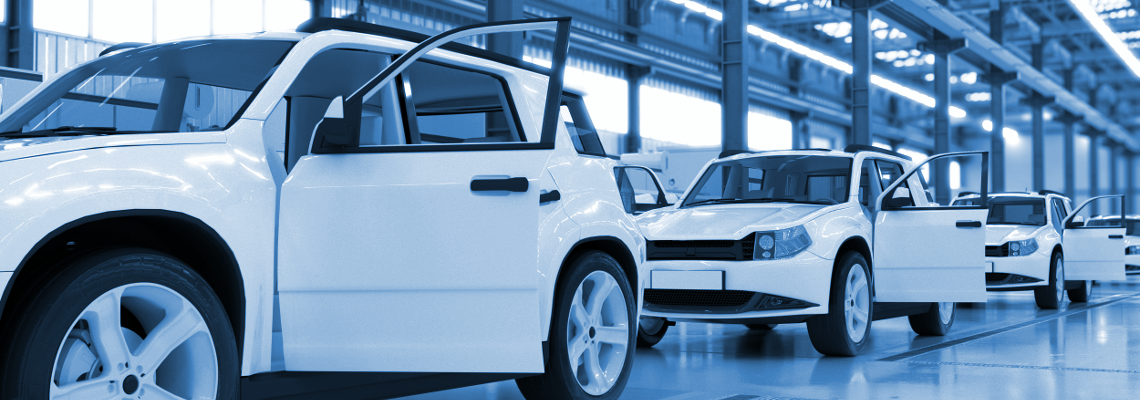Are There Enough Materials To Produce Needed EVs?
The transition from ICE to electric vehicles (EVs) is necessary to decrease climate-changing emissions. As deployment increases, so will the demand for EV battery materials such as lithium, cobalt, and nickel. These materials are primarily supplied through two sources: 1) newly mined or 2) recovered by recycling batteries.
Research shows there are enough explored or prospective reserves to electrify the global transportation sector using current technology if a high amount of battery recycling occurs. In this scenario, global demand for EVs in 2100 will amount to about 55% of cobalt reserves and 50% of lithium reserves. If recycling doesn’t ramp up, a shortage of lithium, nickel, or cobalt is likely, and it is estimated that demand would exceed what is economically accessible to extract.



